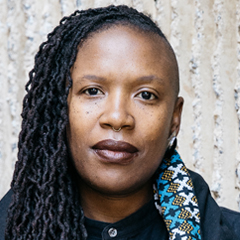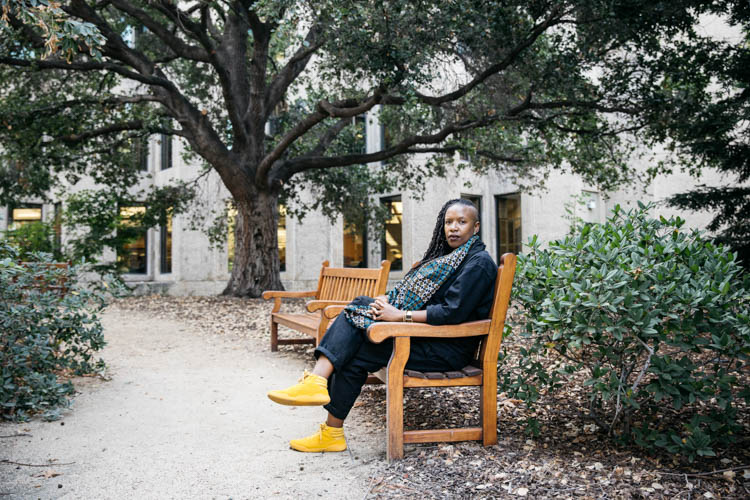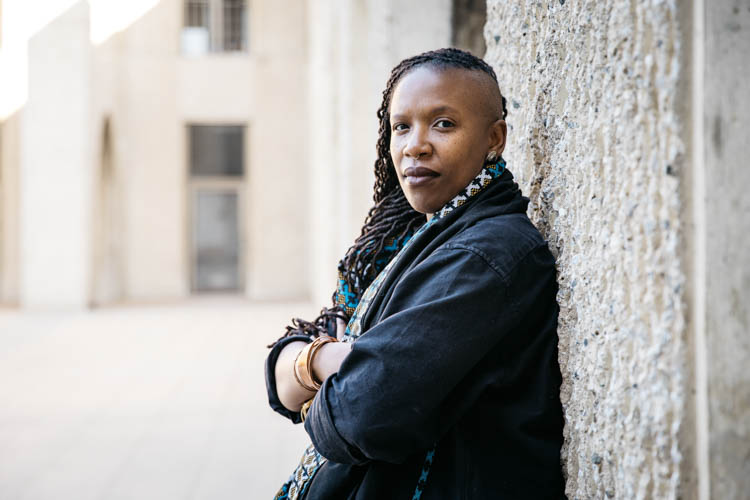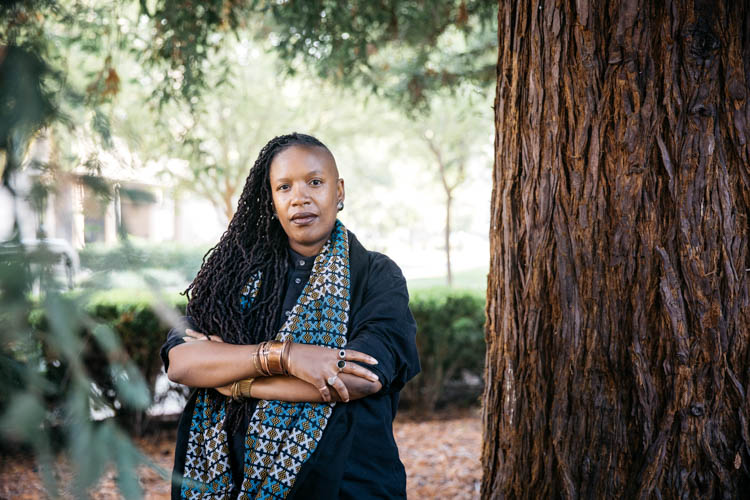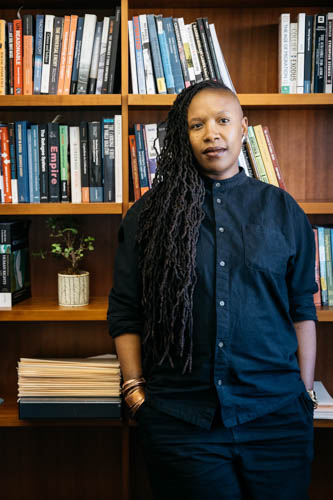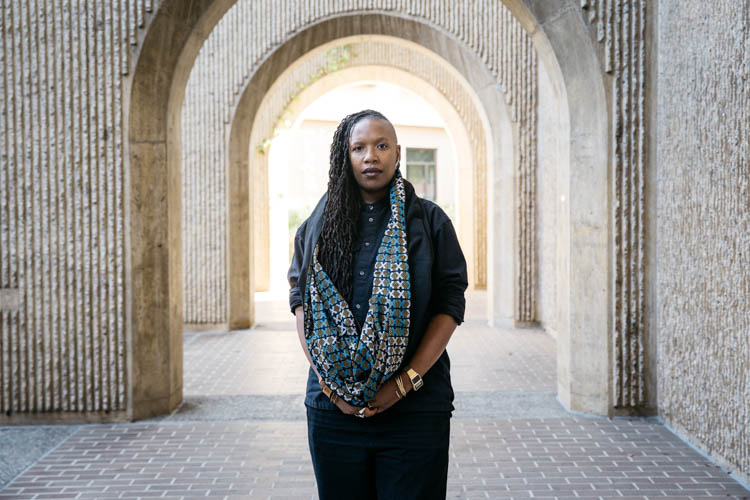About E. Tendayi's Work
E. Tendayi Achiume is reframing foundational concepts of international law at the intersection of racial justice and global migration. In her scholarship, Achiume envisions more ethical ways of governing the movement of people across borders in an effort to address the past and ongoing harms of colonial systems of power.
Among the concepts Achiume examines is the prevailing doctrine of state sovereignty, which gives nations the largely unlimited right to deny entry to people moving primarily for a better life (so-called economic migrants). In her article “Migration as Decolonization” (2019), Achiume acknowledges the rights of political communities to regulate membership. However, she reconceptualizes who is part of that community in light of the legacies of colonialism. Under Achiume’s framework, former colonial subjects are not political strangers, or outsiders, to former colonial powers because they share membership in an interconnected, transnational community built around entrenched political and economic ties. She emphasizes that, during the nineteenth and early twentieth centuries alone, millions of Europeans freely migrated in the opposite direction of contemporary migration flows as part of the colonial project to control and exploit colonized lands, resources, and peoples. She posits that individuals from formerly colonized territories should have the right to migrate to colonizer nations as a form of reparative self-determination to address disadvantages that persist as a legacy of colonialism despite hard fought independence. A subsequent paper, “Racial Borders” (2022), examines the ways current systems of migration governance give advantages to certain nations and racial or ethnic groups at the expense of others. She traces the roots of today’s ostensibly race-neutral migration policies to exclusionary political practices that privileged Whiteness. For example, White politicians used literacy tests to disenfranchise Black voters in Mississippi, and South Africa and the British colonies later adopted them to restrict the movement of non-White people. Similarly, colonial authorities selectively issued passports to curtail migration based on national origins. Her work highlights the ways legal and policy regimes we typically take for granted, such as visa policies, result in systemic racialized exclusion.
Achiume expanded the reach of her work through her role as United Nations (UN) Special Rapporteur on contemporary forms of racism, racial discrimination, xenophobia, and related intolerance (2017–2022). She monitored, advised, and reported on pressing human rights situations related to racism and xenophobia worldwide. Her UN thematic reports addressed such topics as efforts to combat the glorification of Nazism and neo-Nazism, the racially discriminatory impacts of emerging digital technologies, the unjust roots and consequences of environmental degradation and climate change, and the urgency of reparations for racial discrimination rooted in colonialism and slavery. As worldwide migration continues to increase due to factors ranging from economic motives to climate migration and humanitarian crises, Achiume highlights the burdens of history built into border regimes and imagines new futures for global migration law.
Biography
E. Tendayi Achiume received a BA (2005) from Yale University and a JD (2008) from Yale Law School. She has been affiliated with UCLA School of Law since 2014, where she is currently the Alice Miñana Professor of Law. She is also a visiting professor at Stanford Law School (2022–2024); an extraordinary professor in the Department of Jurisprudence at the University of Pretoria; a research associate with the African Centre for Migration and Society at the University of Witwatersrand; and a research associate with the Refugee Studies Center at the University of Oxford. Earlier in her career, she worked as a legal clerk in the Constitutional Court of South Africa. Achiume’s articles have been in published in journals such as Stanford Law Review, Georgetown Law Journal, California Law Review, and The Lancet, among numerous others.
Published on October 4, 2023







